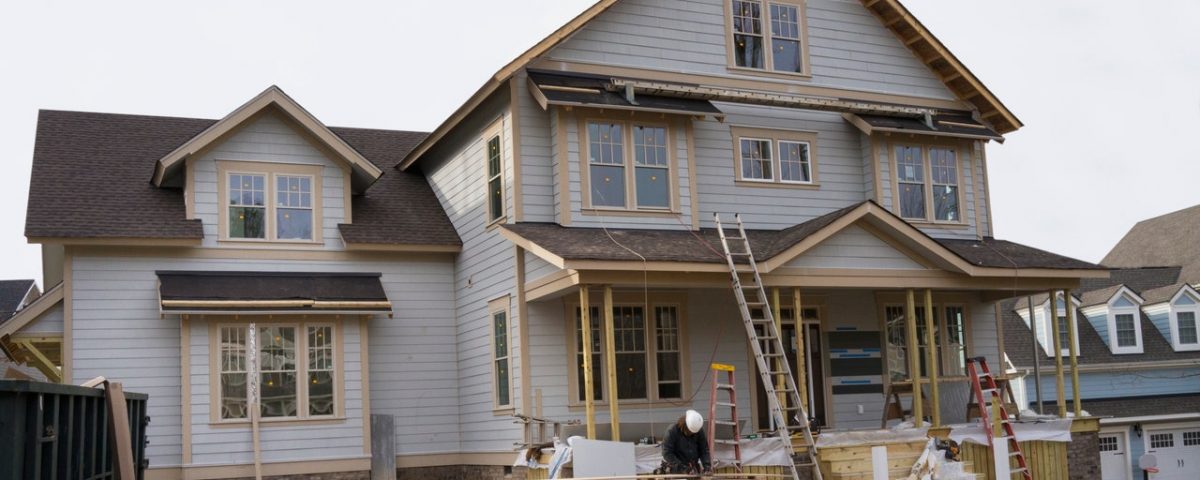- Privacy On Demand
- 020 8150 0080
- 0845 3886618
- info@priviglaze.com

Bath with a view: eight uncommon places to put the tub | News | Architonic
15 March 2022
Carnivalcore Is the Loud, Colorful Sibling to Cottagecore
15 March 2022Look for These 12 Red Flags to Avoid Hiring Bad Contractors | Architectural Digest

[ad_1]
Starting a new home project is exciting, but it’s also a huge undertaking. Your contractor can make or break the renovation. Hire the wrong person for the job, and you could be living in a construction zone—or sleeping in a hotel or with the in-laws—for much longer than you ever planned. In addition, your budget might double or triple, and you could still end up having to hire a second contractor to finish the project or fix the one that was botched. That’s why you need to know when to walk—or better yet, run—from a contractor who is about to turn your home into a money pit or burn a hole in your wallet. We spoke to five experts to find out what to look for and look out for in a contractor.
1. The contractor wants a large down payment
No one expects contractors to work for free. On the other hand, your Spidey sense should start tingling if they ask for a large down payment before they’ll start doing any work. “It is typical to collect an advance toward securing large-ticket items such as cabinetry and countertops,” but in certain states it is illegal for a contractor to exceed a certain down payment cap, explains Sarah Gaffney, design manager and project designer at Next Stage Design in San Jose, California. With or without those regulations, you should expect to fork over a down payment of about 10–25 percent of the total project cost.
2. The contract is vague
The contract presented by your contractor should be detailed enough that you need to put on your reading glasses to view it. “Be wary of a contract that is devoid of details—or the language is vague at best—regarding the scope of work for the project, responsibilities, payment schedules, and start and stop times,” says Jody Costello, home renovation planning and contractor fraud expert at Contractors From Hell. In fact, she says the scope of work and every single detail must be included in your written agreements. “This includes materials used, supplies, equipment, vendors, subcontractors—everything that goes into your project.”
Why is this so important? You don’t want to make assumptions regarding what you thought you signed up for. And every time you say, I thought you were going to…, Costello explains this will become a “change order,” which will cost additional money. For example, you might assume that paint would be included in the cost of painting your house, or debris removal is included in a demo, but if it’s not in the contract, you’ll be paying extra.
3. The contractor had bad or zero reviews
You can give the contractor the benefit of the doubt, but you still need to see if there’s any dirt on them. “These days everything is online, and if you see bad reviews, take them seriously,” advises real estate broker Egypt Sherrod, one of the hosts of HGTV’s new show, Married to Real Estate. She admits the adage that you can’t please everyone is true—but she also points out that multiple bad reviews are usually a smoke signal. And where there’s smoke, there’s fire.
“If you don’t see any reviews at all about a company, chances are they have dissolved previous companies and reestablished under a new name,” she explains. Sherrod says when contractors can’t clean up their brand or reviews, they often start over.
4. The contractor doesn’t have references
In addition to reviews, contractors should also have references. Also, if this person has great reviews for painting, but they’re offering to build a pool, you need examples of the latter. “Renovations or new builds are significant investments of both time and energy for homeowners,” says Joe Raboine, director of residential hard-scapes with Belgard. “The best way to understand a contractor’s work is to review photos, reviews, and references from their work.” And Raboine says they should be eager to share the contact information of happy customers who can answer questions about their performance.
5. The bid or estimate is extremely low
Usually, consumers are concerned about prices being higher than necessary. However, Costello also warns about a low-ball bid. “Contractors know that homeowners will be fixed on costs and the bottom line, and unethical contractors will leave out some scope of work details just to obtain the job,” she explains. “You need to review bids against your scope of work to ensure it includes everything you expect.”
6. The contractor doesn’t have proof of insurance
Don’t just ask a potential contractor for insurance—ask to see a copy of it. Raboine says you should also be sure it includes workman’s compensation and general liability. “If the project is large in scope, you may want to also check and see that they are bonded,” he recommends.
[ad_2]
Source link

